If you are interested in reducing your environment footprint and contributing to a healthier planet, then this article is for you. In today’s world where everything is fast and busy, if you dream of living a zero waste lifestyle, it is a commendable decision. The journey of shifting your life to a zero waste lifestyle is very rewarding. Here are 10 simple steps which will help you in starting a zero waste lifestyle.
1. Embrace Reusable Items : It is a very small yet significant step. Once you start using eco-friendly products for your daily use, you actually cut down a lot of plastic that ends up in landfills. You can begin with using reusable shopping bags, water bottles, coffee cups, etc. These small changes drastically cut down the use of single use plastic.

2. Stop Using Plastic Straws : Whenever we go to a restaurant, it is very common for us to use plastic straws. It is harmful for the water bodies and water animals, both. Instead of using plastic straws, opt for more eco-friendly products such as bamboo straws, silicon straws, or stainless steel straws. You can ask if the restaurant and cafes offer these or not. To start your zero waste lifestyle, you can carry reusable straws of your own as well.

3. Go For Bulk Shopping : It is true that if we shop in bulk, it helps in saving money. Apart from this, bulk shopping also reduces packaging waste. Whenever you go for grocery shopping of items such as grains, spices and nuts, carry eco-friendly products with you, such as – your own bags and containers to pack these items and bring home. In this way you can avoid the unnecessary plastic packaging and lead towards a zero waste lifestyle.

4. Organic Waste Composting : Composting is a very natural and eco-friendly way of recycling organic waste. This method does not create any chemicals, toxins or pollution. On the other hand, it also helps you in creating manure for your garden using only eco-friendly products.
To start composting, set up a compost bin in your backyard and dispose all the organic waste of your kitchen into that composting bin regularly.
Add soil to it and mix it well. You can also add red worms to if you are into vermi-composting. Once the compost is ready ( which takes 1-2 months), you can add this compost into your garden soil to make it nutrient-rich. Composting helps you in living a zero waste lifestyle as this waste does not lead to greenhouse gas emissions, landfills or water pollution.
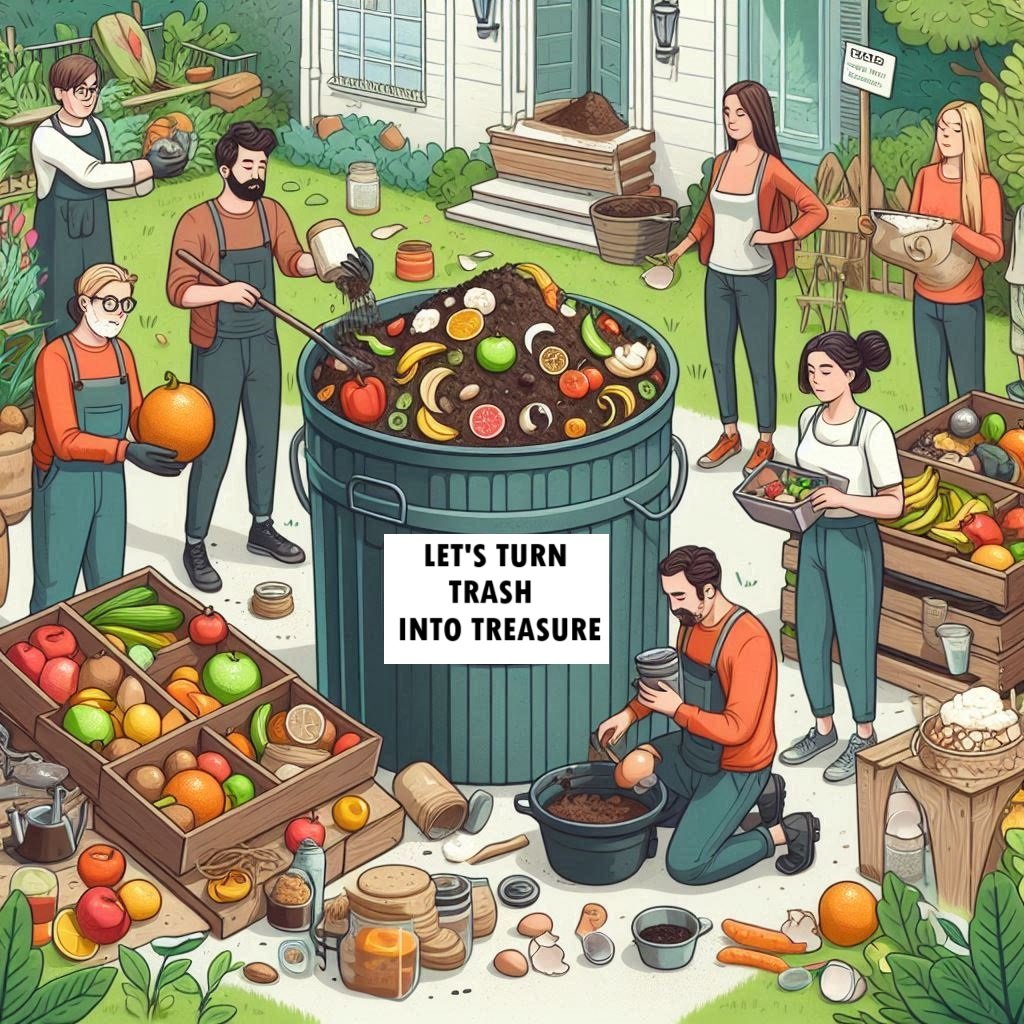
5. Choose Sustainable Fashion : Just search on the Internet about the pollution that fashion industry creates and you will be amazed. To reduce that significant amount of pollution, you can do your bit by changing to eco-friendly products.
To lead a zero waste lifestyle, opt for sustainable fashion brands. There are many fashion brands that use eco-friendly materials and they also follow ethical production practices. You can participate in clothing swaps to get your hands on new clothes without producing any waste.
You can also consider buying second-hand clothes or simply visiting more to a thrift store near you, to live a more sustainable lifestyle.

6. Shifting to DIYs : DIYs simple and interesting ways of reusing, recycling and creating a zero-waste lifestyle. Many products come in plastic packaging and you can DIY those packaging into household items. For example, many cleaning products come in single-use plastic because there is a lot of harmful chemicals in them. To avoid that single-use plastic, you can DIY and create your own eco-friendly products for cleaning. Common household items such as essential oils, baking soda and vinegar can be used as cleaners.

7. Invest In Reusable Alternatives : If you focus in our daily life, we use a lot of single-use plastic in the form of food containers, plates, cutlery which ultimately becomes a major source of waste. If you are going to begin a zero waste lifestyle, buy reusable alternatives for the items. You can use these items at your home and on-the-go as well. If you fear about style and functionality, then don’t worry, there are many eco-friendly products available that are stylish and functional.
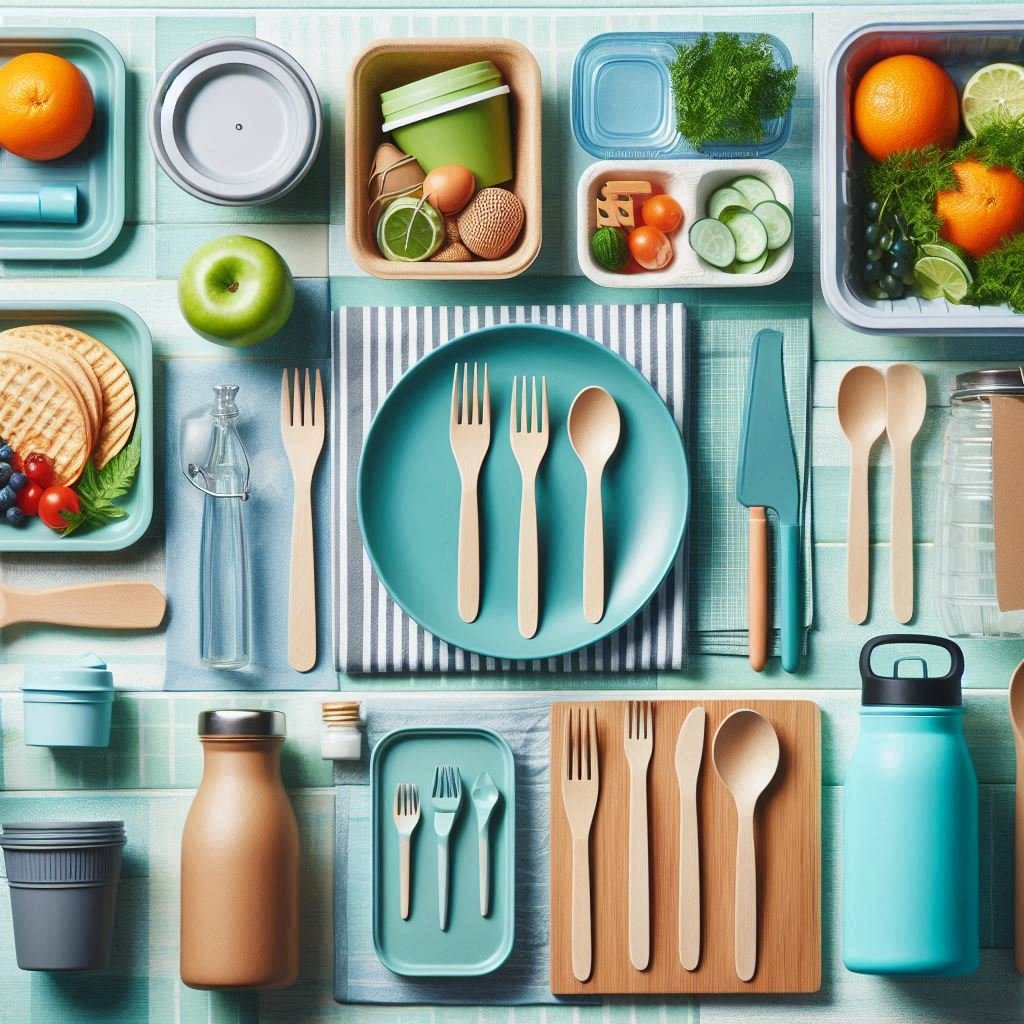
8. Visit To Zero Waste Stores : Zero waste stores are gaining popularity at a very fast rate. These stores offer a wide range of products without any packaging. When customers go to shop in these stores, they are encouraged to bring there own carry bags and containers. In this way, they purchase only what they need. It helps in saving the environment from single-use plastic. It also helps the customer in shopping wisely and not purchasing unnecessary things. When you purchase from such a business, you actually promote use of eco-friendly products and a sustainable economy.

9. Reduce, Reuse, Repair, Recycle : If you are about to discard any item, just check that if it can be repaired or reused. If you learn learn basic sewing, stitching, cutting, pasting, then you can reuse many items. In this way, these items will not end up in the trash and it will help you in maintaining a zero waste lifestyle.
Another way of reducing waste is upcycling. You can create eco-friendly products by upcycling your old household items, clothes, furniture, etc. and give them a new life using your creativity.
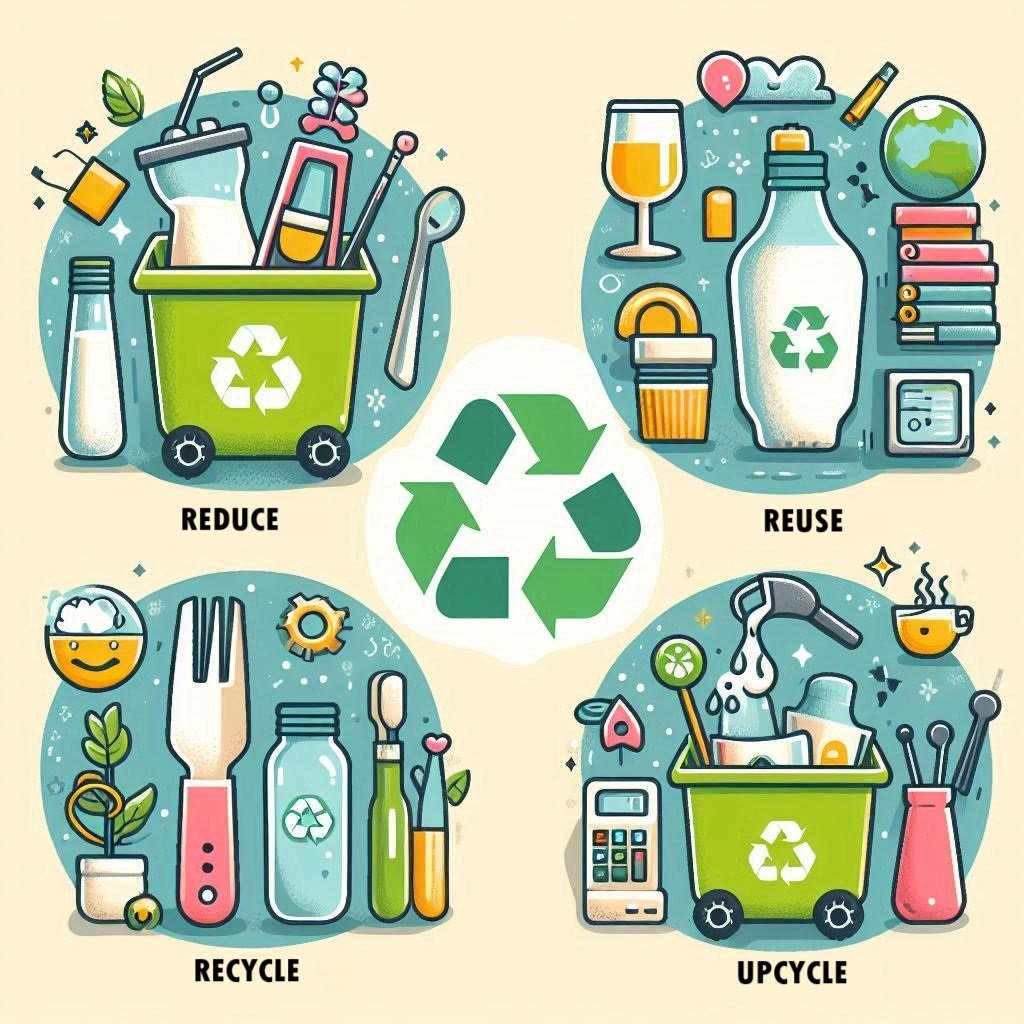
10. Educate and Inspire : Once you have started your zero-waste journey, you can pass on this knowledge to others and inspire them to use more eco-friendly products in their life. You can use social media to discuss and share the changes that you are making in your life. You can tell people the benefits of reducing waste and living a zero waste lifestyle. If you are able to influence a lot of people then it will definitely make a huge impact.

Shifting your lifestyle to a zero-waste is not easy. You can’t make this shift in one day but gradually, you can be there. This process will require a lot of dedication and patience. It will also require a lot of thought process as you have to think before buying anything. By following the above given 10 tips you can reduce your carbon footprint and contribute for the wellness of the environment. Don’t forget that even a single step counts and slowly but steadily, all of us together can work towards a more sustainable future.
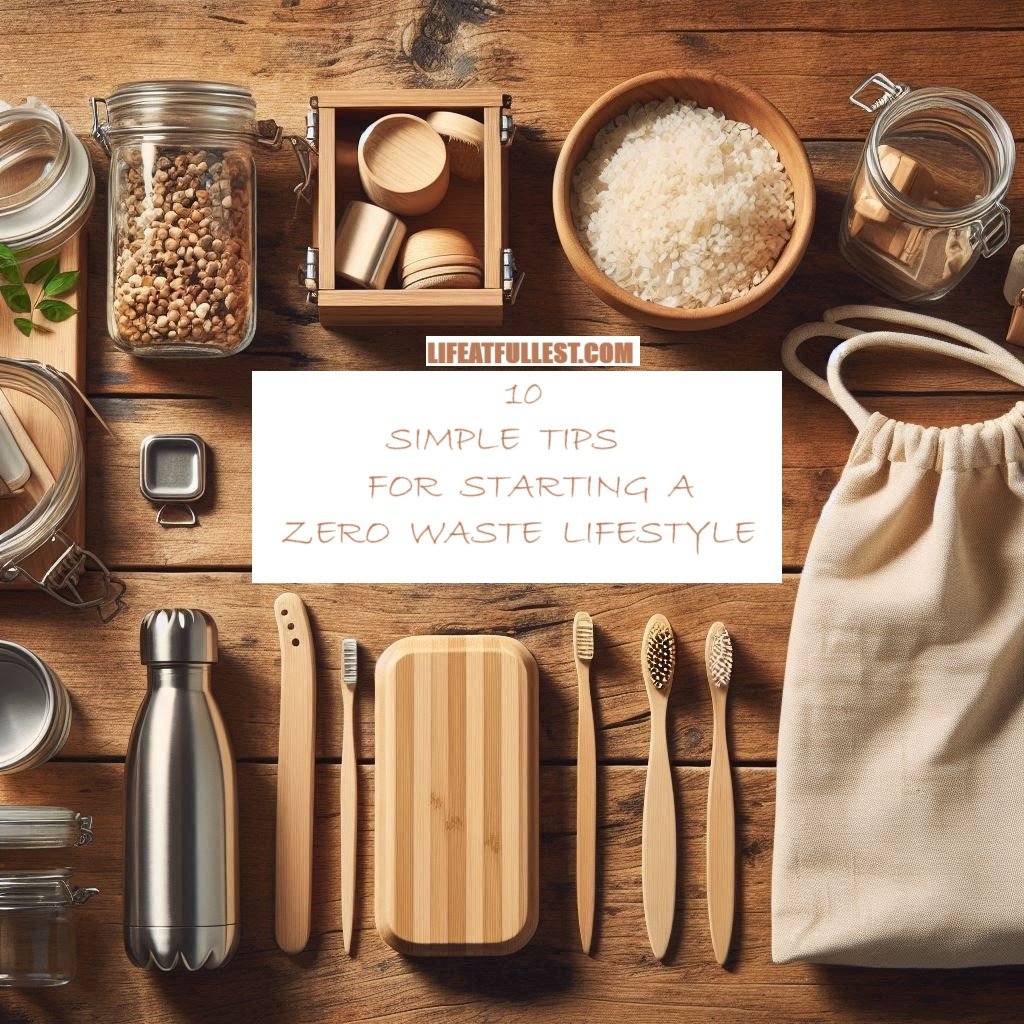

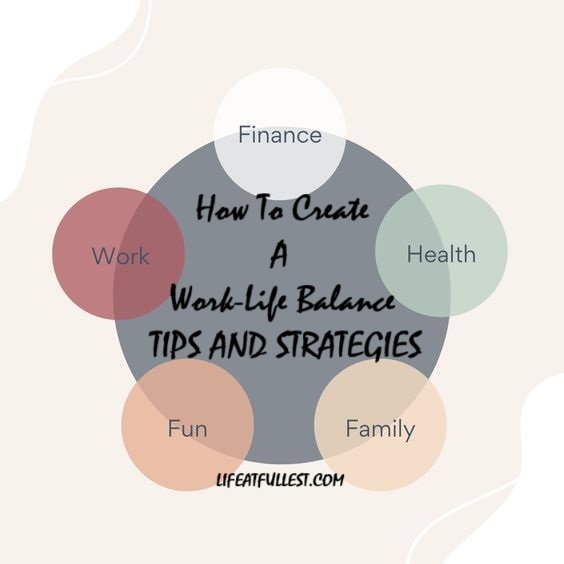
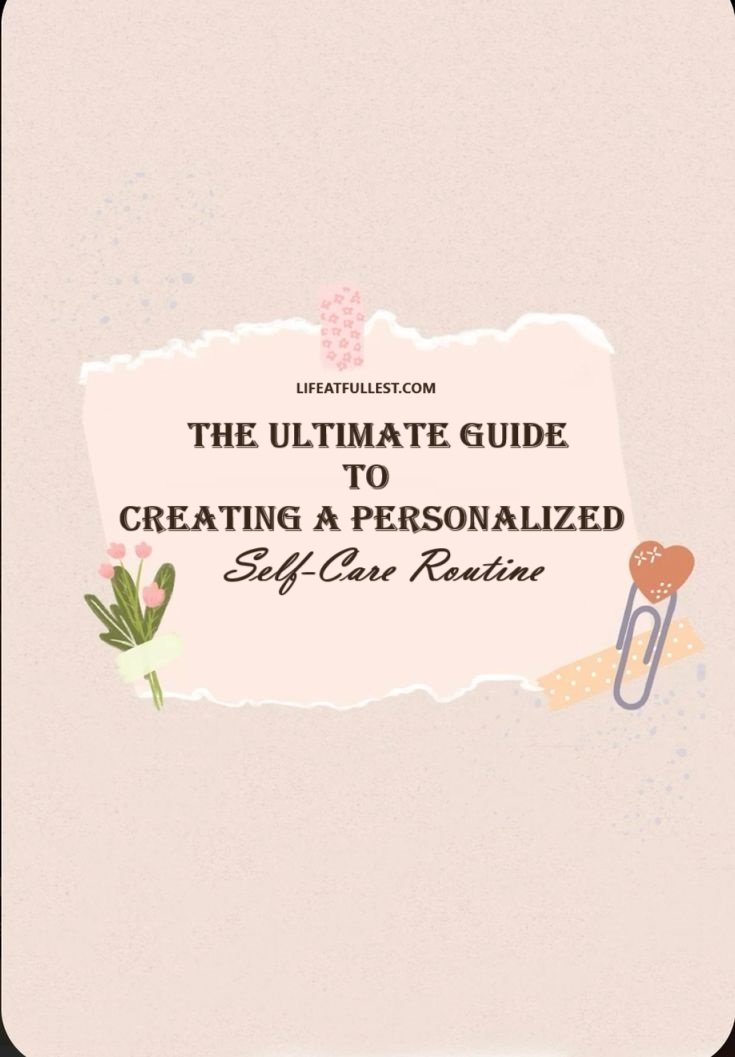
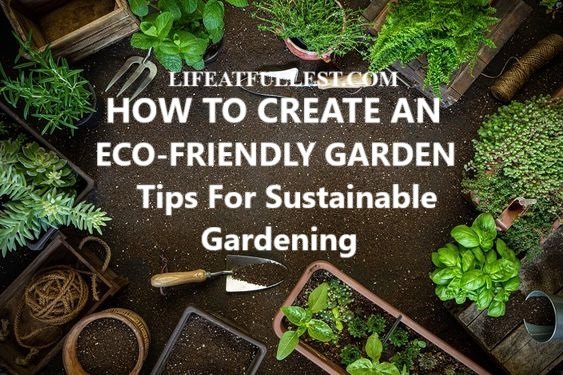

Leave a Reply